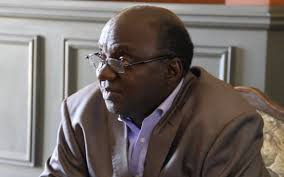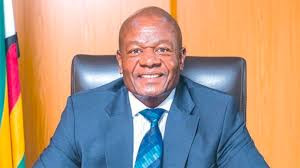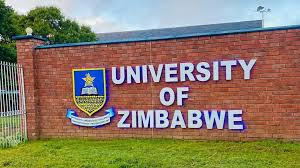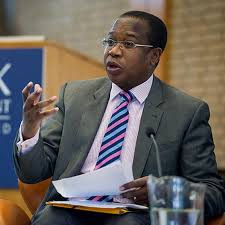Zimbabwe's indigenous languages have a lot in common; one only has to listen carefully to notice, for example, the number of Ndebele words that have been incorporated into Shona, and vice-versa.
This is natural; no two languages can exist in close proximity without borrowing from one another.
Languages that have “refused” to borrow from others have died; Latin is one such.
Zimbabwe boasts 16 officially recognised languages; and again, one only has to listen carefully to recognise the ventilation that has been going on between the languages over the past 200 years.
But something must have happened along the way to stop this natural process.
Believe it or not, the coming of colonialism is what put a halt to this process. Colonialists knew the unifying power of language. When the British colonised the land between the Zambezi and the Limpopo, they found indigenous populations at war with each other.
It was a time of great upheaval and the natives of this land were at their weakest. To make a quick kill, the colonisers exploited these fights.
This was their way of doing things wherever they wanted to control. They used a strategy called “divide and rule”. It was the pillar of their colonial policy as they created the British empire.
Divide and rule, according to historians, is “a policy which is intended to keep someone in a position of power by causing disagreements between people who might otherwise unite against them”.
To exploit India through imperial policies, the British ensured various conflicts between Indians remained in play. In Nigeria from 1900 to 1960, differences between regions were frequently exploited and exaggerated.
The resulting tensions between Nigerian ethnic groups made it easier for the colonial authorities to consolidate their power in the region.
In Rhodesia, it was the same. The British exploited the conflict between the Shona and the Ndebele; they actually accentuated it because they feared unity between the two major indigenous groups was a threat to their designs.
Such unity had manifested itself devastatingly to the settlers during the First Chimurenga/Umvukela of 1896.
One way to destroy this unity was to destroy the commonalities between the languages so that the people loathed one another.
Shona policemen were deployed to Matabeleland provinces while Ndebele policemen were deployed to Mashonaland provinces.
The result was a hatred of each other and each other’s languages. Language was then used as a weapon of control.
Now Zimbabwe is caught in a time warp; it is failing to shed this colonial legacy. But we are a nation; Zimbabweans should be able to speak each other’s languages and use that as a unifying force.
Once we do this, each will be able to appreciate the unity in diversity that creates strong nations.
Educational psychologists have proved that children who speak many languages learn faster than those who speak just one.
It is, therefore, necessary for the government to create a curriculum that ensures that children master at least one indigenous language outside their own.
Interestingly, in Zimbabwe, once one speaks Shona and Ndebele the other languages become very easy to learn because they are all very closely related, all being Bantu languages.
What a wonderful country it would be when every Zimbabwean can land anywhere in the country and converse in the language of that region! Only then can we call ourselves a nation. Language is the glue that binds nations.
- Trevor Ncube is chairperson of Alpha Media Holdings and Nevanji Madanhire is Zimbabwe Independent associate editor.





